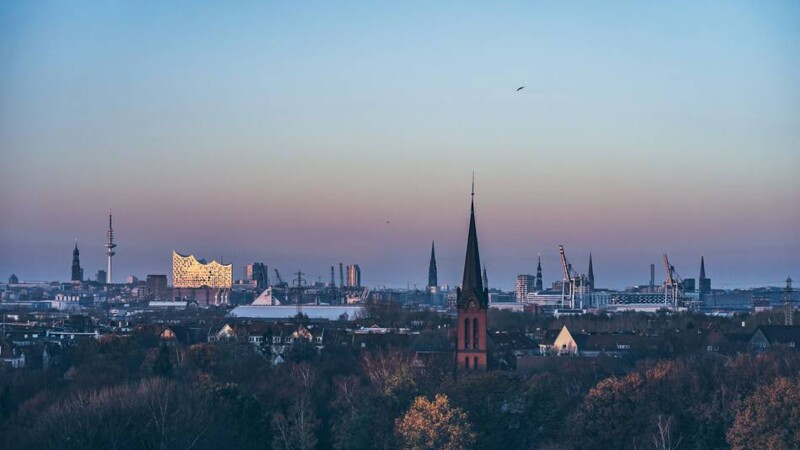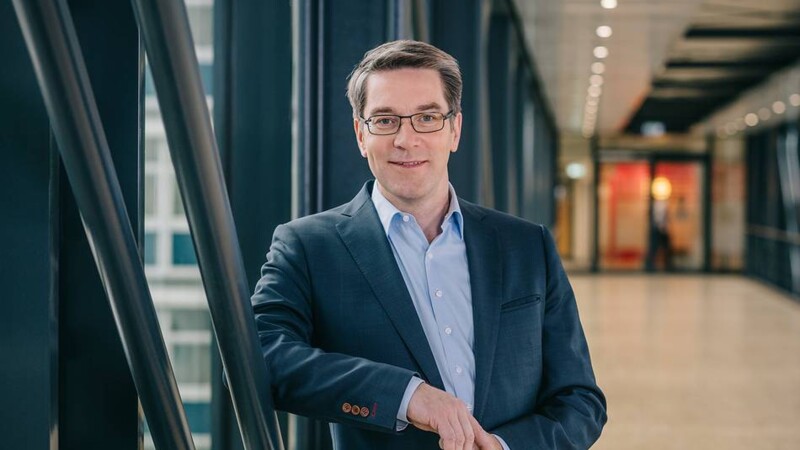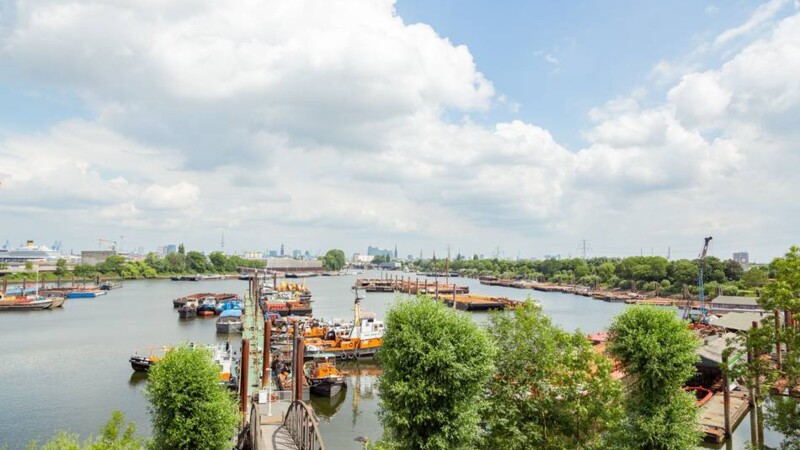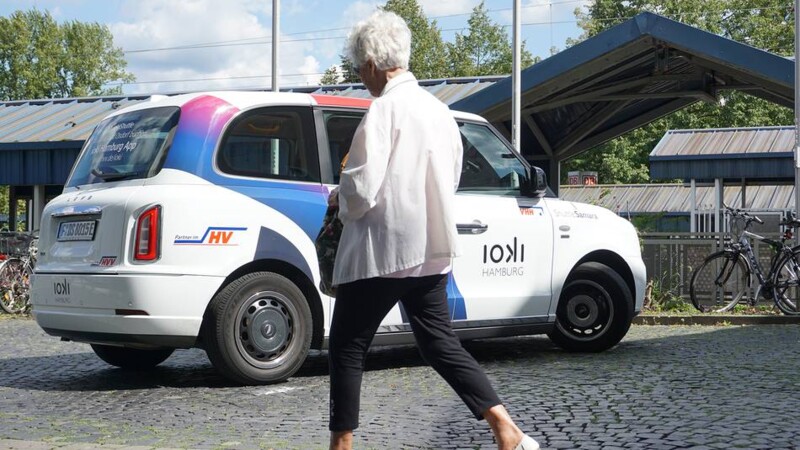People will not safeguard the environment by making less use of it, Braungart believes. The cradle-to-cradle idea is “not about being less harmful, but about being useful”. Product development is designed in line with the biological cycle. No waste is generated, as all the raw materials used flow back into the biological system and so are useful. “If we achieve that, we can revel in our ecological footprint,” Braungart said.
Germany will attain its global warming targets this year despite the various impacts of the corona crisis as the pandemic is apparently leading to a fall in CO₂ emissions. However, that’s no consolation to Michael Braungart, founder of the Environmental Protection Encouragement Agency. “I fear we have a pyrrhic victory here, as safeguarding the environment is often seen as a moral issue. And after corona, the view may predominate that we can no longer afford to save the environment,” he fears. Braungart is the pioneer of the cradle-to-cradle design idea and professor for Eco-Design at the Leuphana University in Lüneburg.
Useful, rather than less harmful
Reinventing everything
However, plenty of work has to be done before there is reason to celebrate. Braungart said. “We have to reinvent everything.” Every product that wears, whether the soles of shoes, brake pads are car tyres, has to be designed in such a way that they support the biosphere. “As many as 470 different chemicals are used to manufacture a car tyre. In the Elbe here in Hamburg, half today’s polymers are not microplastic, for instance, but tyre dust.” These raw materials have to be made in such a way that they are not merely non-poisonous, but actually benefit the biological cycle.
Seeing products as a service
Another cradle-to-cradle approach is the idea of viewing products not as consumables but as services in future. Take for instance, a washing machine. Instead of selling a machine, 3,000 washes will be sold or instead of the office chair ten years of healthy sitting or instead of the carpet, a floor packaging insurance, whereby the carpet could be manufactured so that it cleans the air – and is reused. Manufacturers would in this way make use of only a handful of valuable materials, which could then be recycled endlessly when the equipment is returned, rather than large quantities of cheap and poisonous synthetics. “By now, there are more than 11,000 cradle-to-cradle products, and many of them are extremely successful economically,” Braungart said.
Path to a hedonist ecology
This lateral thinker sees humankind as an opportunity, not a nuisance, and aims to drive forward qualitative, rather than quantitative growth. “Genuine innovation is never sustainable. Sustainability means that we stabilize the status quo – and that is absolutely fatal for the planet,” he stressed. But if we learn to produce in a way that the environment can use, and create an effective, functioning materials cycle, this will pave the way to a new type of hedonist ecology.
ys/rm/pb
Sources and further information
More
Similar articles

EUR 7.5 million for leading research in Hamburg


